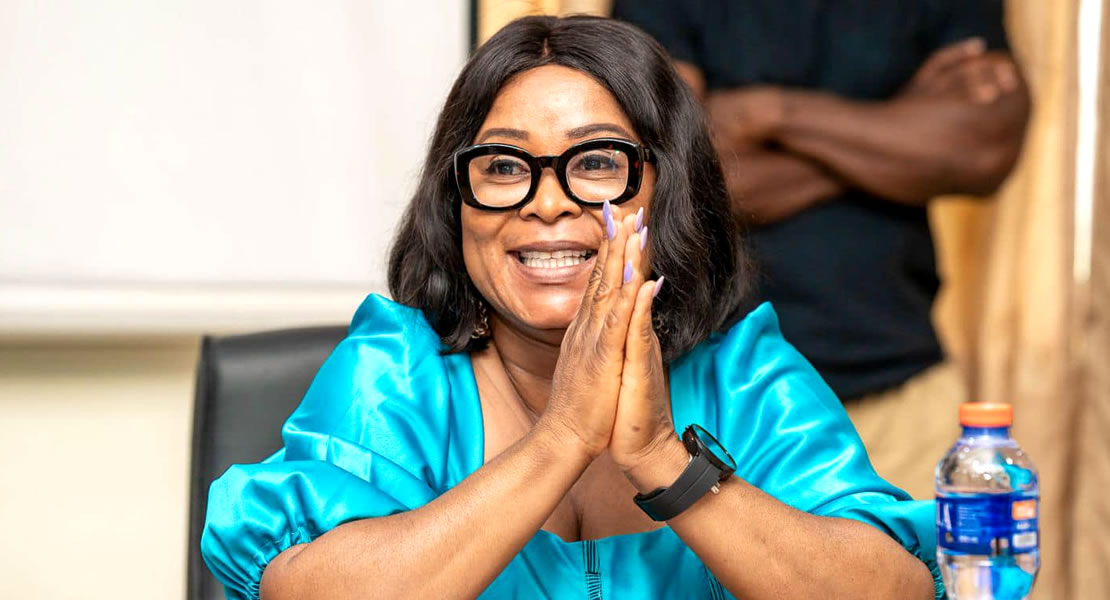
The ninth parliament of the fourth republic of Ghana, has once again failed to attain the 30 percent female representation, a target many were hoping to see.
But the Member of Parliament for Dome/Kwabenya, Faustina Elikplim Akurugu said there is the need for political parties to strive to meet this target.
The call for ensuring more women to have access to the legislature has been an agenda many groups have tried to actualize; and the Inter Parliamentary Union (IPU) and the Economic Community of West African States (ECOWAS) Parliament have not relented in pushing for the thirty percent female representation in the various national parliaments.
Out of the two hundred and seventy-five (275) constituencies declared by Ghana’s Electoral Commission for the ninth parliament, with one outstanding constituency yet to be declared, only forty (40) are females representing 14.55 percent.
And the MP said the situation is worrying, saying, “Women are in the majority, if you look at the Ghanaian population, our representation in parliament should be more”
She noted that the perception about women in politics is something that women are still struggling with even with the passage of the Affirmative Action Act, 2024.
“I think we should be able to bridge the gap, the current representation is worrying, and we need deliberate efforts to get a lot of representation of women”, she emphasised.
As to whether the political parties in Ghana can play a key role in this direction, she noted that it depends on the individuals and the kind of support from their spouses, so even if the parties give the push, family support is also important.
Kwaku Sakyi-Danso/Ghanamps.com